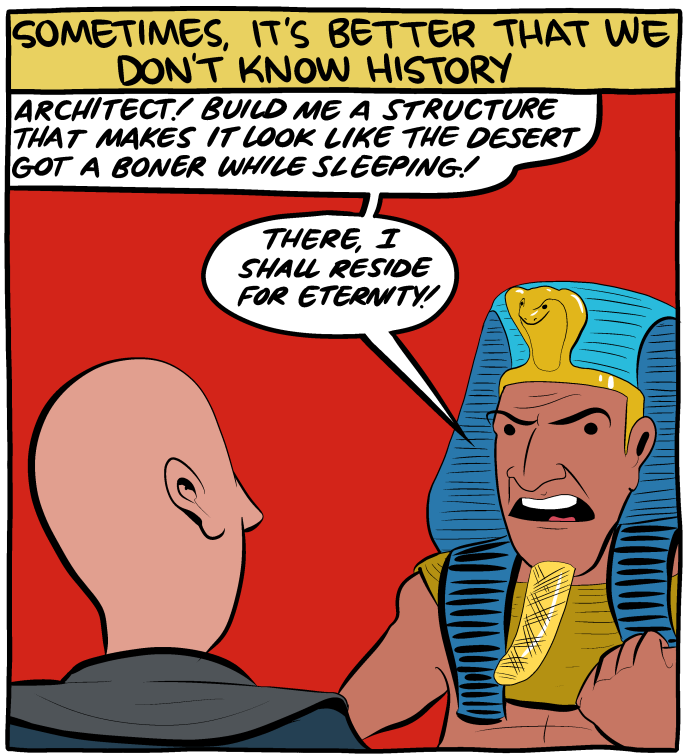 mike777, on 2015-February-24, 09:30, said:
mike777, on 2015-February-24, 09:30, said:
Faculty at a number of universities have expressed doubts about the value of a passing AP score. Highly capable students who receive scores of 3 or 4, but not the perfect 5, are being given college credit at fewer universities. Academic departments also criticise the increasing proportion of students who take and pass AP courses but are not ready for college-level work.[27]"
http://en.wikipedia....anced_Placement
-----------------
This could get into vigorous debate, but here is my view: At a typical university with a large Engineering program, the more mathematically oriented engineers will be taking Calculus I, II, and III (and other math courses as well such as Linear Algebra). Engineering is a very packed curriculum and if a student is to finish in four years s/he had better come in with some AP credit.
For those starting with Calc I:
A C in Calc I is ominous for Calc II and a C in Calc II is ominous for Calc III. This is not because we give away Cs. Math departments are not usually the departments that critics are speaking of when they decry easy grading.
Go by analogy to AP credit: If a C in Calc I is ominous for Calc II, why would anyone think the situation would be different for someone with a 3 in the AP course? I have not made a great study of AP exams, but from what I have seen I regard them as quite good. It is simply in the nature of mathematics in general and calculus in particular that you need a pretty solid foundation in the first course to do well in the next. I imagine the same is true in Drench. A C student in French I can expect to have trouble in French II.
I do admit to not having looked in great detail at all of this, but really I have no quarrel with the AP Math exams. Expecting a score of 4 rather than 3 in order to get college credit, or especially to go on to the next course up, makes sense to me.
 mike777, on 2015-February-24, 09:30, said:
mike777, on 2015-February-24, 09:30, said:
I like this approach:
"if I was teaching history I would make people memorize the sequence of certain events, front to back, at the start of the class, and then go back and go over them slowly."
Students need to at least know the sequence of historical events without the need to look at their machines. But I fear many will say, why when I can just look it up.
It's a mix, but yes, facts are useful. So is the web. I have enormous gaps in my knowledge. Who doesn't? Yes the web is useful, very useful, for filling gaps. But we have to know something to use it intelligently. Earlier in this thread I used the web to help me think through something in the standards about negotiations with Spain over navigation on the Mississippi. Some items I never knew, some I had forgotten. But I had a place to start. I left up something of a chain of my thinking, but it was something like this: Spain? Why not France? The time period was from after the creation of the U.S. and before the Louisianan Purchase. Oh yes, but wait. France had grabbed it from Spain, I then vaguely recalled. And if the USA was negotiating, it had to be after 1789 or so, the "or so" meaning that 1789 was when George Washington took office but I wasn't sure when "The United States" became an official entity. There was the writing of the Constitution, the ratification of the Constitution, the election of Senators and Representatives as well as the President, the establishment of diplomatic relations. Anyway, 1789 or so sounds right. So sure, the web is helpful for getting all of this right, France grabbed it from Spain in 1800, so 1789-1800 the negotiations would be with Spain. But I need to know something to get started, or at least it made it a lot easier.
Facts are useful, and it is easier to test on facts. But of course this does lead to a difficulty. I want students to think and interpret, but if we start to test on this there is a real danger that it will effectively become "I want you to think and interpret and now I will tell you what you must think and how you must interpret in order to pass." In other words, don't think and interpret, memorize what you are to say when you are asked to think and interpret.
I think that the exams must be heavy on facts.

 Help
Help






